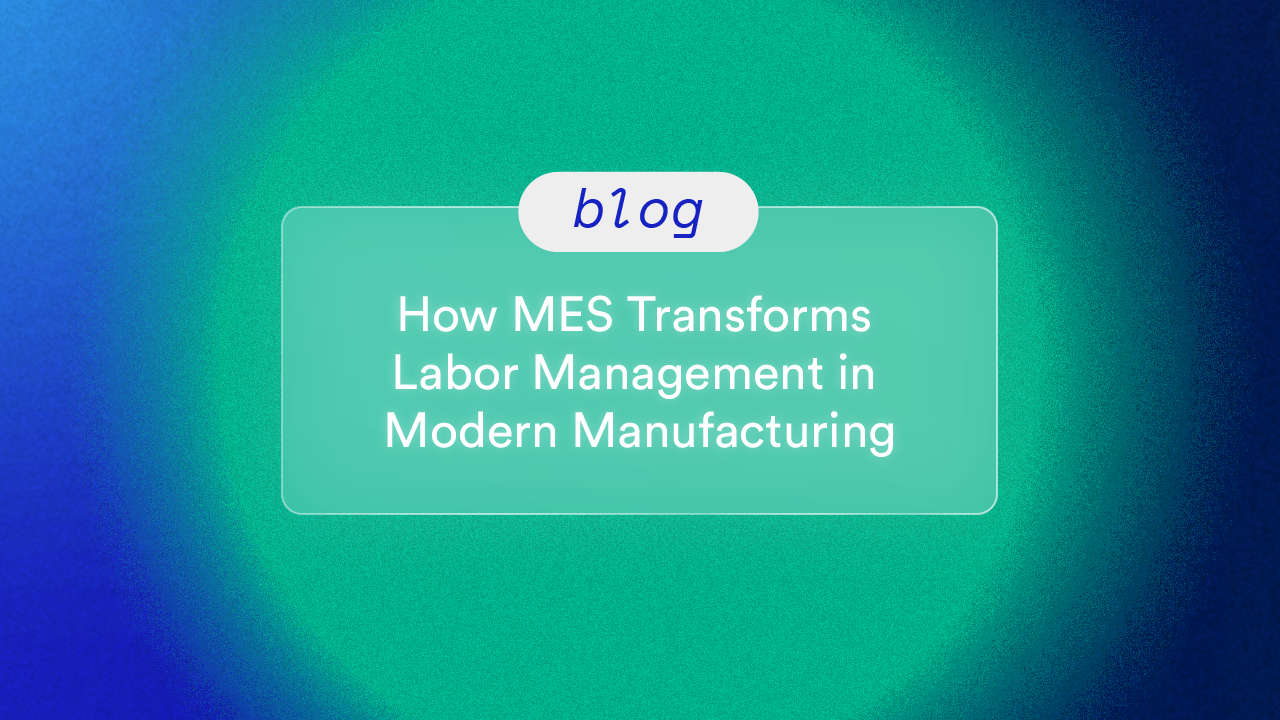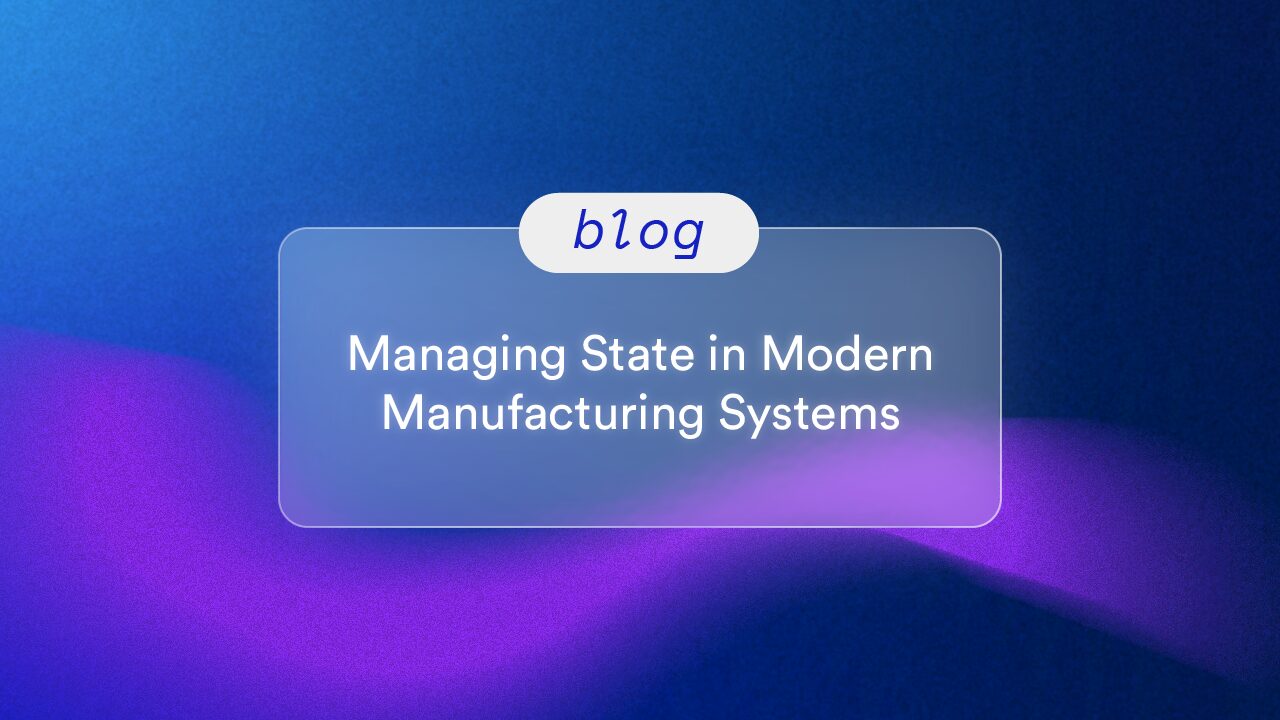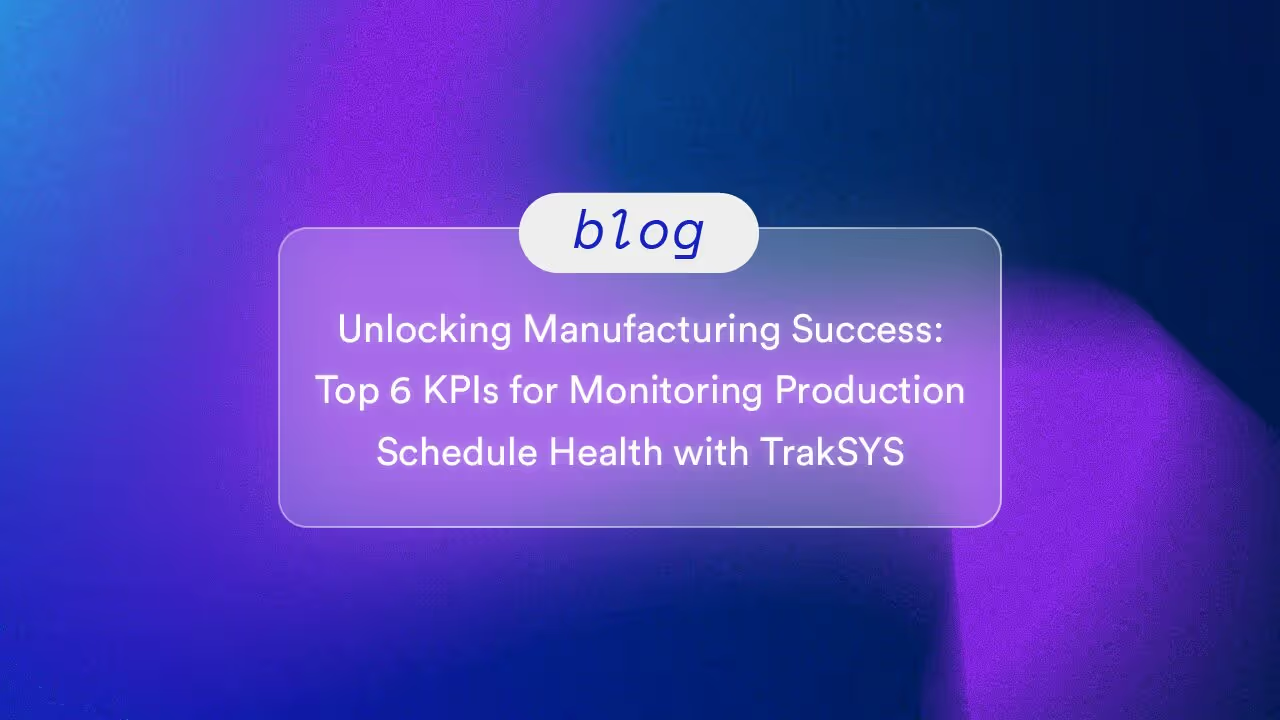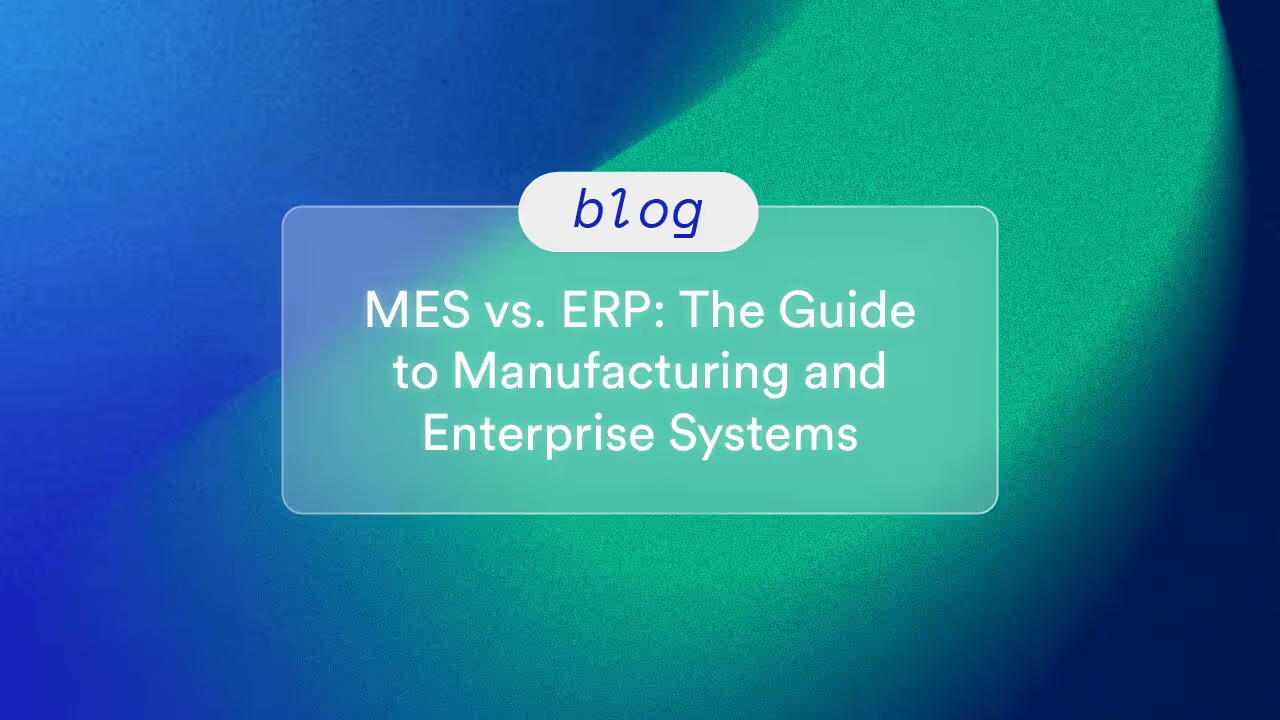5 Tips for a Best-in-Class MES Integration and Implementation

With the broad scope and range of benefits a real-time manufacturing execution system (MES) can have, implementing a new system that has the capacity to impact every facet of your manufacturing process can feel daunting. For the end-user, working with the right technology partner ensures the roll-out will be a success and makes the implementation process as simple as possible. For the system integrator, a streamlined implementation demonstrates expertise and instills confidence in the client.
With that information in mind, here are Parsec’s top 5 tips for how system integrators can provide their clients with a smooth MES integration:
Have an Outcome-based Strategy
A successful implementation starts with realistic road mapping and planning. One of the most important roles system integrators play in the lead-up to implementing an MES software platform like TrakSYS is managing their client’s expectations. It’s critical to begin by establishing the outcomes a client wants to achieve from the implementation so that the team can tailor the roadmap to those expectations and goals.
During this phase, timelines and benchmarks should be created that work toward the client’s desired outcomes. Adopting an outcome-based strategy enables system integrators to prioritize the goals that are most important to the client from the very beginning of the process.
Fact Finding and Discovery
To get the implementation process right from the start, solution providers should utilize in-depth fact-finding and discovery sessions to ensure the solution meets the customer’s needs. A detailed fact-finding and discovery process informs priorities, identifies key capabilities and critical integrations the client will require, and determines non-negotiables, as well as the timeline and potential roadblocks. This part of the process guarantees that the MES solution will function seamlessly within your client’s existing business systems and infrastructure.
Appoint a Project Manager
Appointing a team member to lead the project is an aspect of implementation that often gets overlooked, but a project manager is crucial for keeping the roll-out on schedule and preventing scope creep. The project manager helps manage expectations by proactively maintaining the scope and mitigating potential issues.
The project manager does not need to be a technical expert or solution architect. Because of the large scale of MES implementations, a project manager is critical for handling the human elements and preventing the process from going off-road. Working with the client to establish a dedicated resource on their end who will work closely with the project manager helps develop two-way accountability.
Mentoring and Education
If clients don’t fully understand how to leverage MES for their business, they may not be able to experience a full return on their investment. MES can transform how clients operate, so they need training resources to learn how to optimize their processes using their new tools.
Parsec offers different training options, so clients can experience ongoing production and operations management improvement as they continue to use the platform. With courses for partners, business leaders, developers, and power users, Parsec offers programs that help both clients and solution providers continually improve their TrakSYS expertise.
Implementation as a Partnership
System integrators already know the importance of partnerships with their clients but teaming up with Parsec is a value-add benefit for their business. The Parsec Partner Program is available for system integrators that meet specific annual requirements and qualifications. Over time, partners can acquire progressively higher levels of certification to continue delivering value for their clients.
To learn more about how partnering with Parsec can help optimize your customers’ manufacturing operation, contact us today.
FAQs
Related Blog Posts


Let’s Build Your Plan
We’ll help you create the right configuration—today and for the future.












